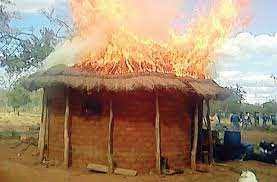Zimbabwe Reduces Exam Fees for Public School Students. In a move to promote equitable access to education, the Zimbabwean government has announced a subsidy for public school students taking the 2024 Ordinary and Advanced Level exams. The Zimbabwe School Examinations Council (Zimsec) revealed that the government will cover 55% of the exam fees per subject for candidates in public, local authority, and mission schools. On the other hand, students in private schools and colleges will be required to pay the full amount, according to a recent circular issued by Zimsec.
The exam fees have been set at US$24 for each Ordinary Level subject and US$48 for each Advanced Level subject, as outlined in the circular. The subsidy will apply to up to seven subjects at the Ordinary Level and four subjects at the Advanced Level, including Communication Skills. Additional subjects beyond the specified limits will incur full fees, along with extra charges for practical subjects and amendments, as specified in the circular.
Zimsec has advised examination centers to deposit fees in foreign currency into designated accounts to avoid bank charges and to make payments in local currency during the specified timelines. Late payments will result in additional fees, as stated in the circular.
This decision is intended to alleviate the financial strain on students and their families while ensuring that all students have equal opportunities to pursue their educational aspirations. It is hoped that the subsidy will encourage more students in public schools to actively pursue their academic goals.
Zimbabwe has long grappled with disparities in access to education, with many children facing obstacles such as financial constraints, inadequate infrastructure, and socio-cultural barriers. In some remote areas, children have to endure long walks of up to 10 kilometers to and from school due to a shortage of educational facilities in the country.







